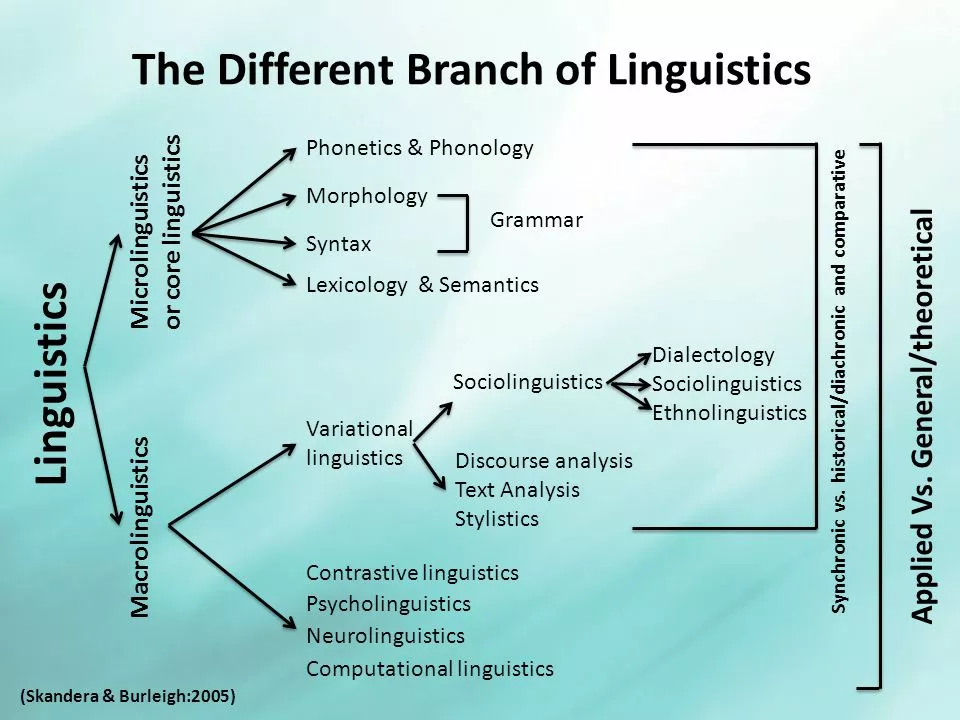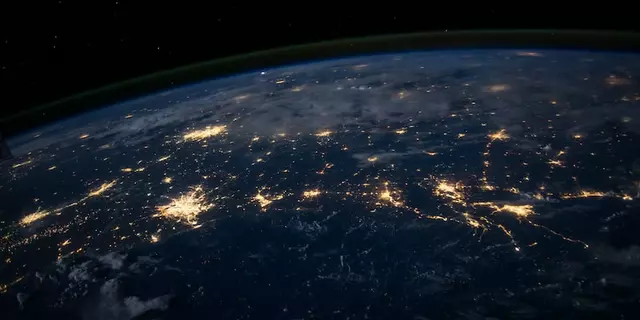What is the difference between progress and technology?

- Everett Marsden
- 1 May 2023
- 0 Comments
Understanding the Concepts: Progress and Technology
Before diving into the differences between progress and technology, it is essential to understand what these terms mean. In simple terms, progress refers to the process of improving and developing over time. This can be applied to various aspects of life, such as social, economic, environmental, and personal. On the other hand, technology refers to the application of scientific knowledge, skills, and techniques to create products, services, or systems that make our lives better and more efficient.
While progress and technology are closely related, they are not the same thing. Technology is often considered a tool or means to achieve progress, but it is not the only factor that contributes to progress. In this article, we will explore the intricate relationship between progress and technology and discuss how they differ from each other.
The Role of Technology in Progress
One of the most significant ways technology contributes to progress is by increasing efficiency and productivity. Technological advancements have allowed us to automate repetitive tasks, communicate instantly across vast distances, and access vast amounts of information with the click of a button. As a result, we can accomplish more in less time, which ultimately leads to societal and economic growth.
Moreover, technology has played a crucial role in improving our quality of life. From advancements in medical technology that have improved health care and increased life expectancy to innovations in transportation and communication that have made the world more connected, technology has undeniably made our lives better in countless ways.
The Limitations of Technology in Achieving Progress
While technology can undoubtedly contribute to progress, it is essential to recognize that not all technological advancements necessarily result in progress. Sometimes, the negative consequences of technology can outweigh its benefits. For example, the widespread use of fossil fuels has led to climate change and environmental degradation, which threaten the long-term sustainability of our planet.
Furthermore, not everyone has equal access to technology, leading to disparities in opportunities and resources. The digital divide, for instance, highlights the gap between individuals who have access to modern information and communication technology and those who do not. This can exacerbate existing social and economic inequalities, hindering overall progress.
Progress Beyond Technology: Social and Cultural Factors
It is crucial to recognize that progress encompasses more than just technological advancements. Social and cultural factors also play a significant role in shaping our societies and determining the direction of progress. For example, social norms and values can either facilitate or inhibit the acceptance of new technologies, affecting their overall impact on society.
Moreover, progress can be achieved through non-technological means, such as social movements, policy changes, and educational initiatives. These efforts can lead to improvements in human rights, gender equality, and access to resources, which are all essential aspects of progress.
Striking a Balance: Responsible Technological Development
In conclusion, the relationship between progress and technology is complex and multifaceted. While technology can undoubtedly contribute to progress by increasing efficiency, productivity, and overall quality of life, it is not without its drawbacks. It is essential to recognize the potential negative consequences of technology and strive for responsible technological development that prioritizes sustainability and inclusivity.
Ultimately, true progress requires a holistic approach that considers not only technological advancements but also the broader social, cultural, and environmental factors that shape our world. By fostering a culture of innovation, collaboration, and responsible decision-making, we can harness the power of technology to create a brighter, more equitable future for all.


